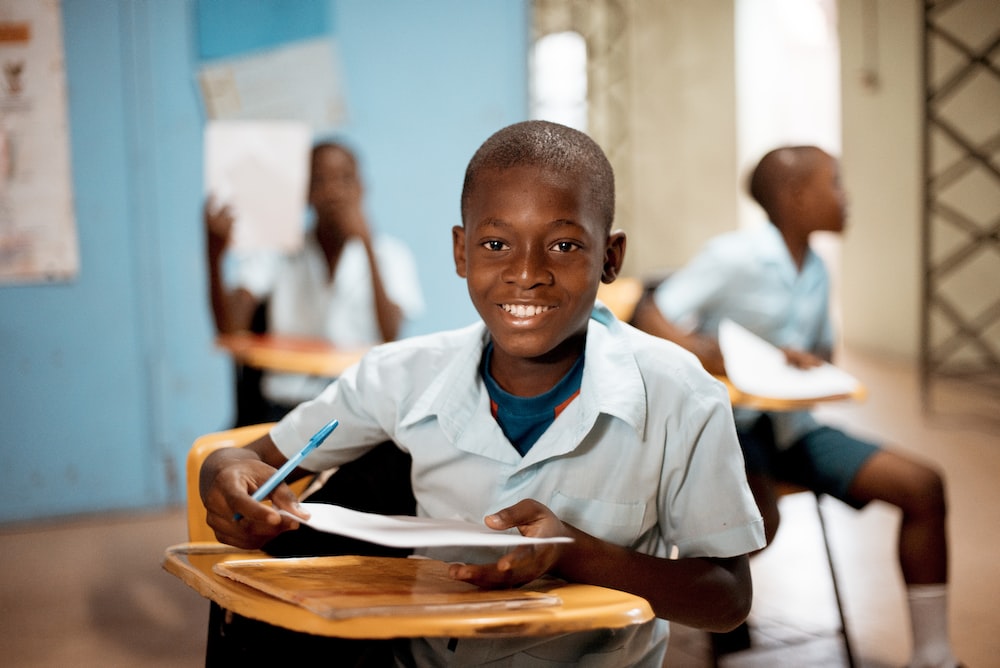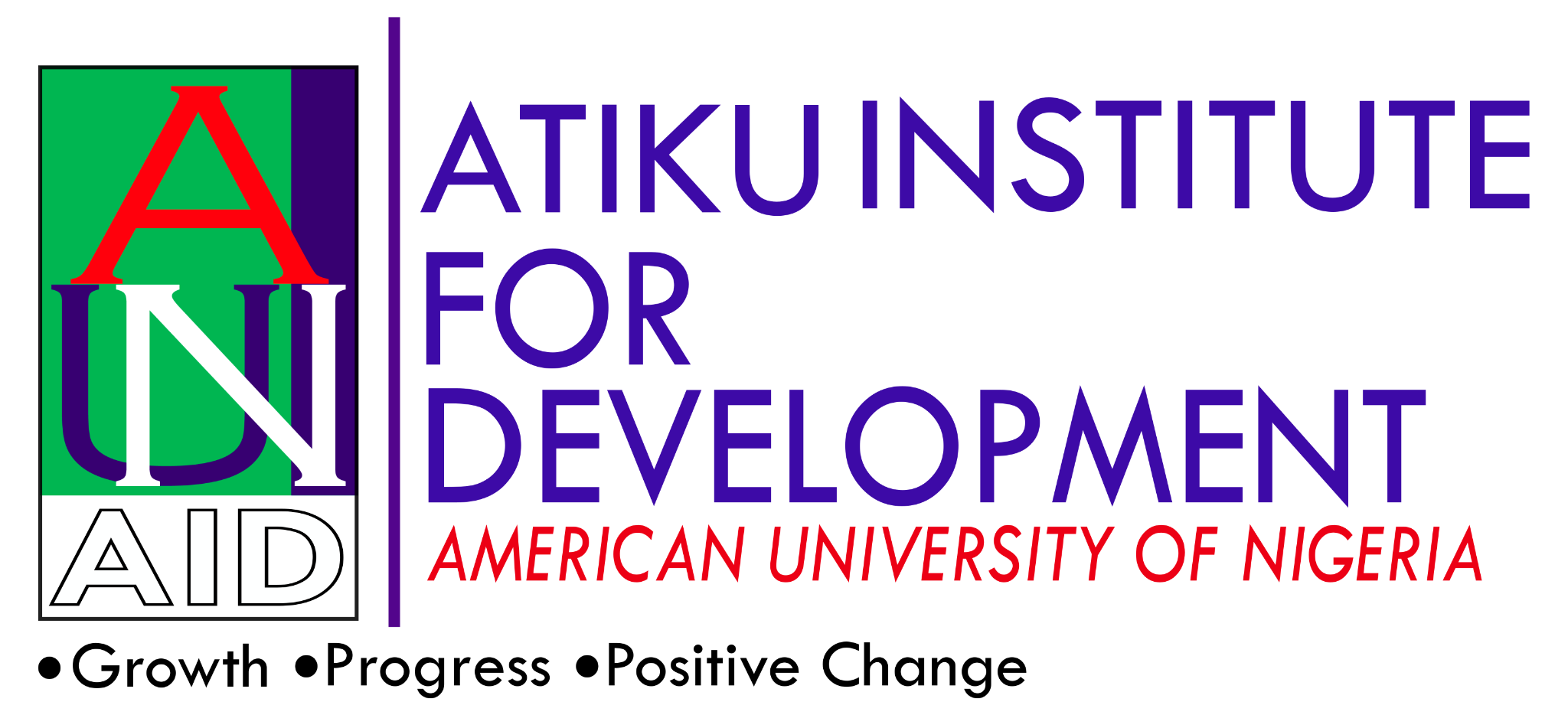INTRODUCTION
Leveraging Education Assistance Resources in Nigeria (LEARN) to Read program is a five-year project implemented by Creative Associates and partners; School-to-School International, Cambridge Education, and the American University of Nigeria. LEARN is aimed at deepening the sustainability strategies in the legacy states of Sokoto and Bauchi, supporting launching states to improve and sustain their implementation of EGR programs started under BESDA funding and providing technical assistance to the On-Demand states eager and ready to improve EGR aligned with the National Reading Framework. At the national level, LEARN will provide technical assistance (TA) and support to federal institutions to improve data for decision-making through more regular, systemic, and streamlined reading assessment strategies to track EGR progress, scaffold teacher growth and needs, improve sustainability, and support the institutionalization of the National Reading Framework.
Summary ofKeyAchievements
Review of In-service Training Plan, Coaching, and Mentoring:
1. Review of In-service Training Plan, Coaching, and Mentoring:
One of the primary achievements within the LEARN to Read project was the comprehensive review of the in-service training plan, coaching, and mentoring practices. This involved a meticulous examination of the existing framework, identifying gaps and areas for improvement
By analyzing the strengths and weaknesses of the current system, strategies were devised to enhance the effectiveness and relevance of training programs
Review of EGR Training Manual:
Review of EGR Training Manual:
The project team conducted a thorough review of the Early Grade Reading (EGR) training manual, a crucial resource for teachers. This review aimed to ensure that the manual aligns with the latest research and best practices in literacy instruction.
By incorporating valuable insights and incorporating new methodologies, the revised manual equips teachers with the necessary tools to improve early grade reading outcomes.
Routine School-based Coaching and Mentoring:
Routine School-based Coaching and Mentoring:
To provide ongoing support to teachers, regular school-based coaching and mentoring activities were implemented. This initiative allowed for personalized guidance, observation, and feedback tailored to the specific needs of individual teachers.
By fostering a collaborative environment, teachers were encouraged to share experiences, reflect on their teaching practices, and develop strategies for improvement.
Training School Support Officers on EGR Interactive Activities
Training School Support Officers on EGR Interactive Activities
Recognizing the importance of a multifaceted approach to professional development, School Support Officers (SSOs) were trained on EGR interactive activities. These activities promote student engagement and active learning, facilitating the development of essential reading skills.
By equipping SSOs with the necessary knowledge and skills, they became effective facilitators and resources for teachers, further enhancing the overall quality of instruction.
Technical Assistance to SUBEB TPD to train SSO of the 9 BESDA LGAs:
Technical Assistance to SUBEB TPD to train SSO of the 9 BESDA LGAs:
The LEARN to Read project provided vital technical assistance to the State Universal Basic Education Board Teacher Professional Development (SUBEB TPD) in conducting training sessions for School Support Officers in the 9 BESDA LGAs.
This collaboration ensured that the SSO training aligned with the project's objectives and incorporated best practices identified during the review process. By sharing expertise and resources, the training of SSOs was elevated to a higher standard.
Technical Assistance in Planning and Execution of Trainings:
Technical Assistance in Planning and Execution of Trainings:
The project team played a pivotal role in providing technical assistance to SUBEB TPD in planning and executing various training programs. This involved sharing knowledge, expertise, and resources to enhance the effectiveness of the trainings
The project team played a pivotal role in providing technical assistance to SUBEB TPD in planning and executing various training programs. This involved sharing knowledge, expertise, and resources to enhance the effectiveness of the trainings
Recommendation:
State Universal Basic Education Board through the Directorate of Quality Assurance to make follow up on the next step pinned during the training. The use of digital tool for classroom observation and the conduct of formative assessment by the SSO’s.

The Emir of Bauchi,
Alh. Dr. Rilwanu Suleiman Adamu
“Let me pledge our support and commitment in any possible way for this development initiative in our states, particularly in education which has been the bedrock for sustainable development,” the Emir of Bauchi said.
Next Steps
The immediate next step after the training is for:
- The SSO’s to continue with the coaching and mentoring employing the best practices and skills acquired during the training.
- SSO’s to guide teachers in schools on how to practice interactive EGR activities.
- SSO’s to use digital tool for the conduct of coaching and mentoring activities.
CHALLENGES
CHALLENGES
There is no significant challenges recorded during the cause of the training.
State Universal Basic Education Board through the Directorate of Quality Assurance to make follow up on the next step pinned during the training. The use of digital tool for classroom observation and the conduct of formative assessment by the SSO’s.

